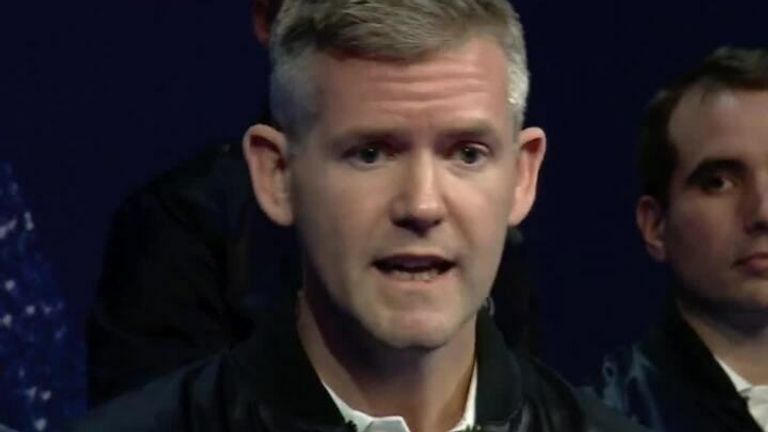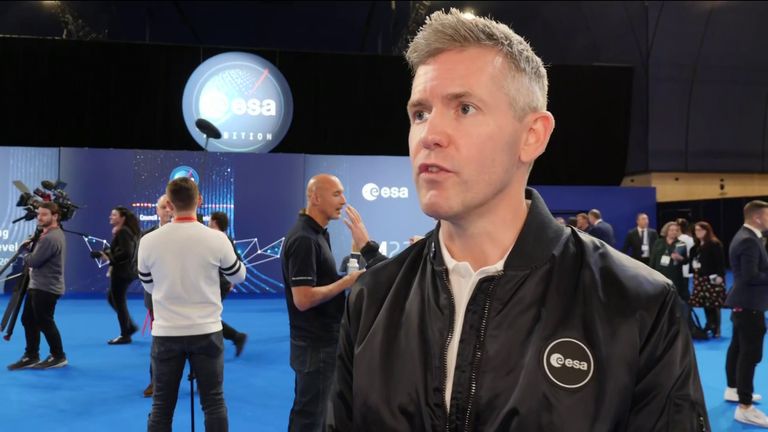Astronauts always insist that they are not extraordinary. But they are.
Taking risks that the rest of us can barely comprehend, they gaze upon our beautiful planet like God, turning a microgravity alien environment into just another day at the office.
They are the explorers of our time. It was Shackleton in Antarctica or Hillary on Everest who inspired miracles. Now, the Astros are looking for new territory.
Let’s face it, those of us who have little chance of getting results can still enjoy the journey. They are our surrogates, through whom we are enchanted.
The new European Space Agency (ESA) intake has broader appeal.
Half were women and two of them were from the UK.
and also The world’s first “quasi-astronaut”British plastic surgeon John McFall.
He has already proven himself on the track, winning a bronze medal in the 100m at the Beijing Paralympic Games.
Now he will be part of a program to test the feasibility of working in space for people with disabilities.
Long overdue.
As Tim Peake told me, all astronauts are disabled in some way by microgravity, and amputation may not be the problem it once thought.
Major Tim’s mission to the International Space Station (ISS) was considered a huge success.
He’s involved in more than 34 different experiments. This is also what it means in the UK.
More than 33 million people took part in his orbital expeditions, more than one in five schoolchildren participated in mission-related educational activities, and public awareness of the importance of space to the UK economy soared.
And that was just six months on the ISS.
New astronauts can dream of going further—to the moon and beyond.
It has been argued that sending ever more capable robots is cheaper and safer.look at the homeless cross mars.
But they don’t yet match the human eye and curiosity.
This is why there is a strong argument for sending humans to explore new worlds.
ESA needs to figure out why people from minority backgrounds don’t make it through the selection process. Again, all astronauts are white.
Extraterrestrial exploration is for the benefit of mankind. correctly represent human nature.

